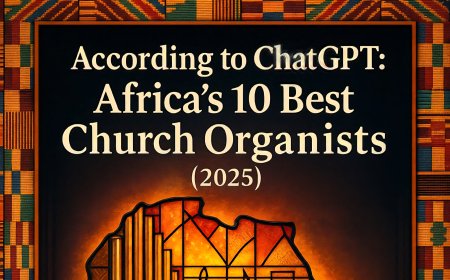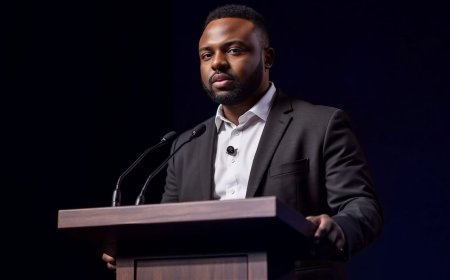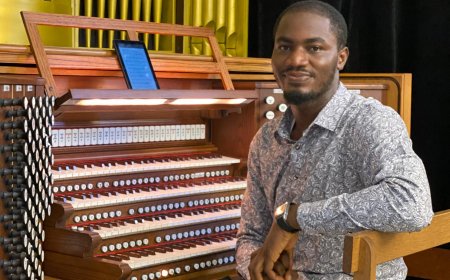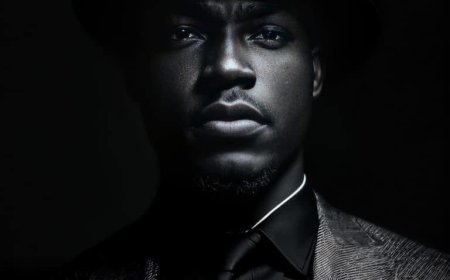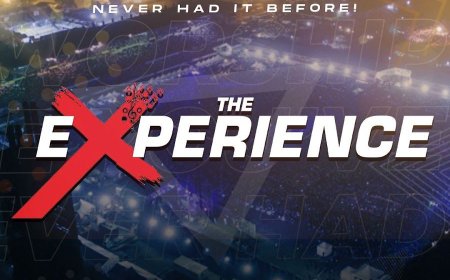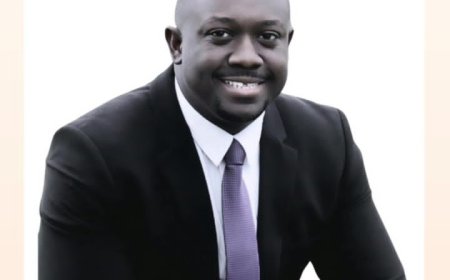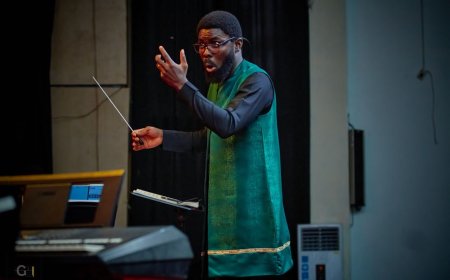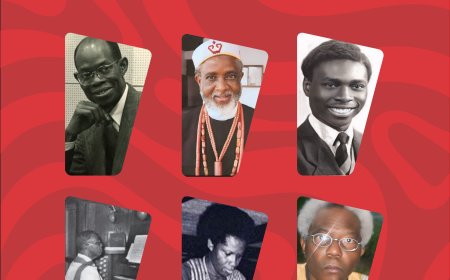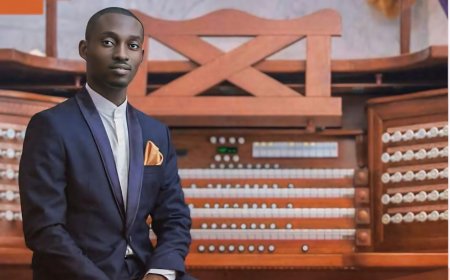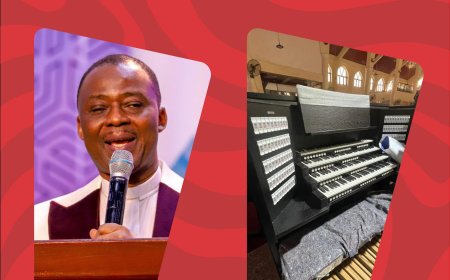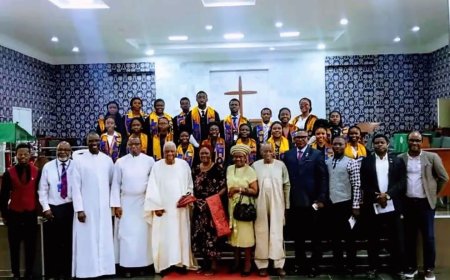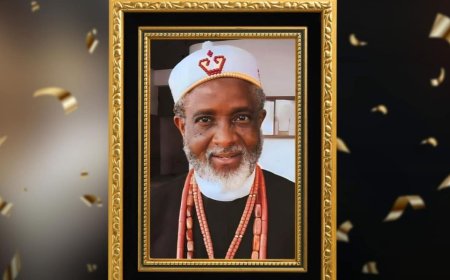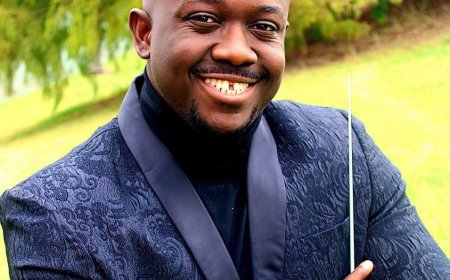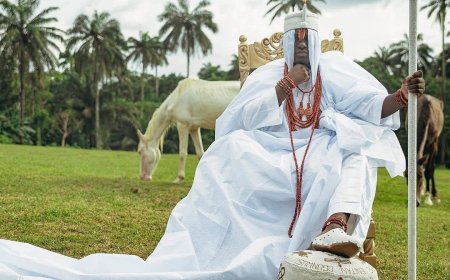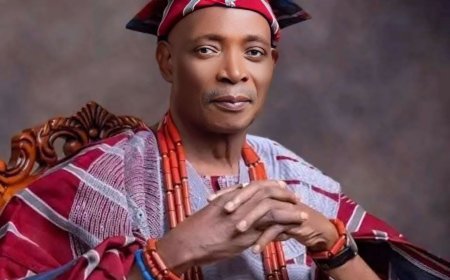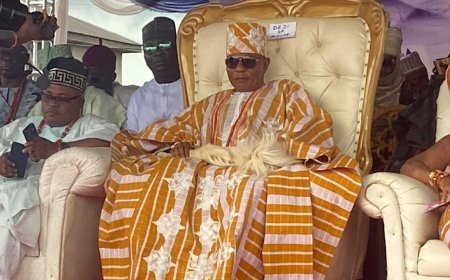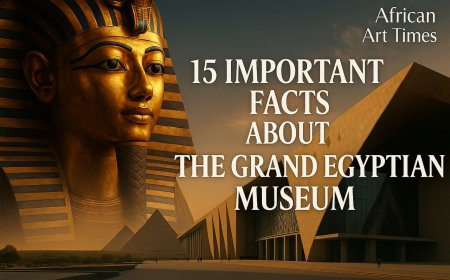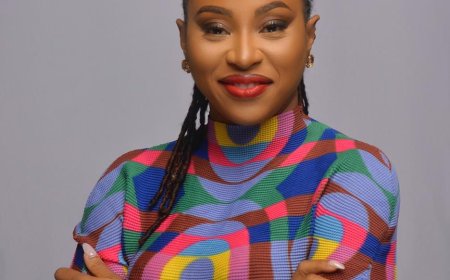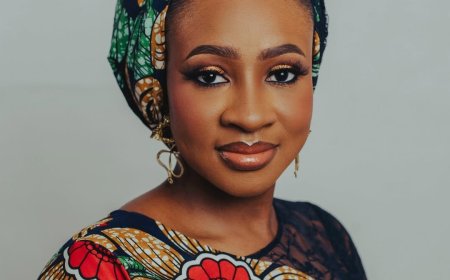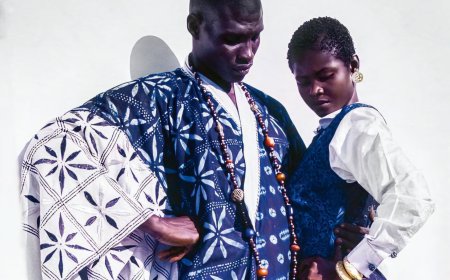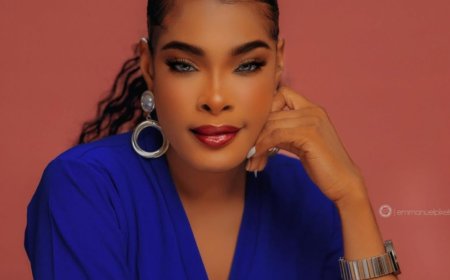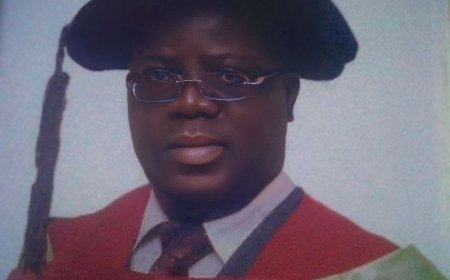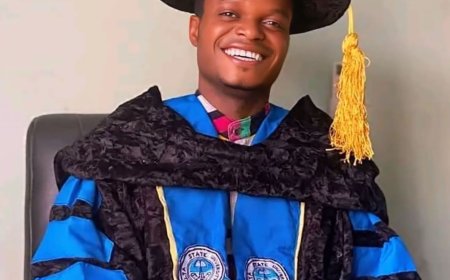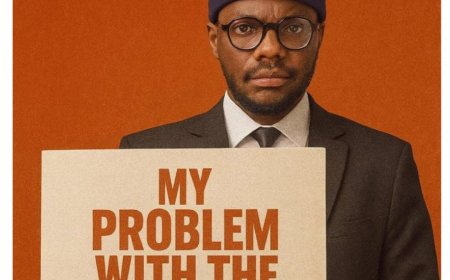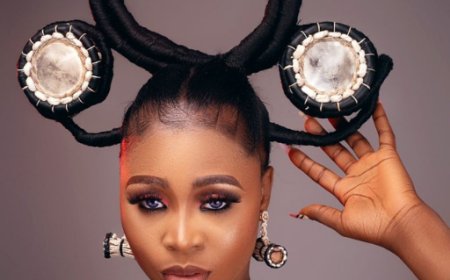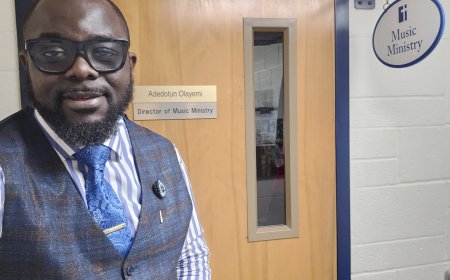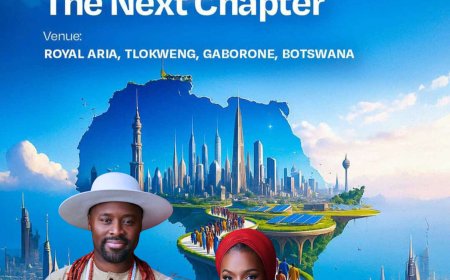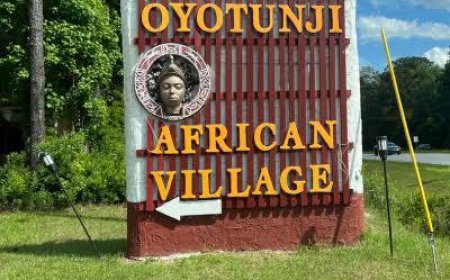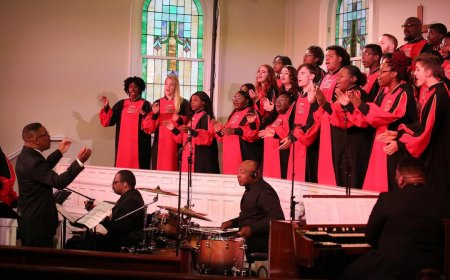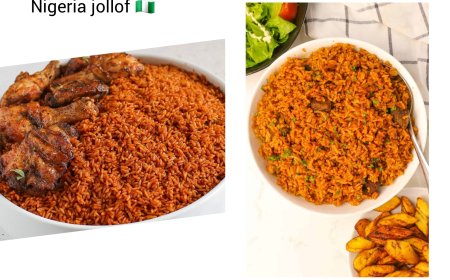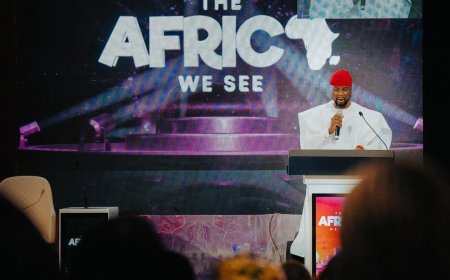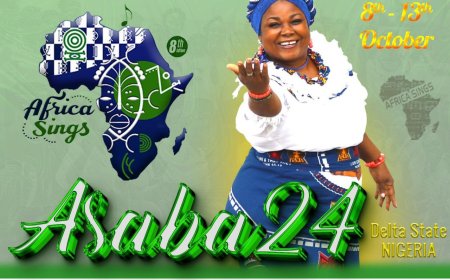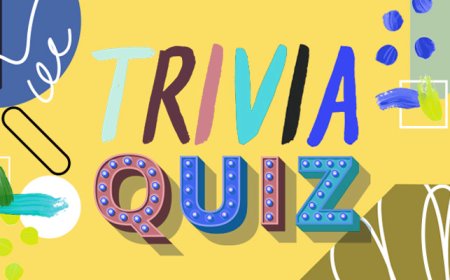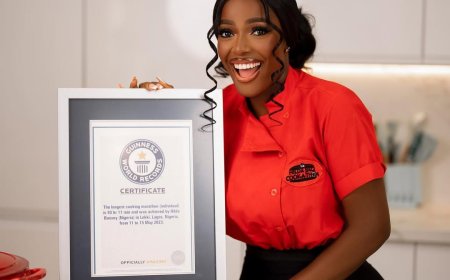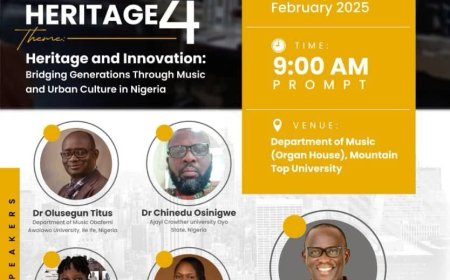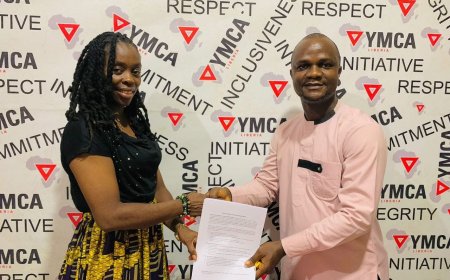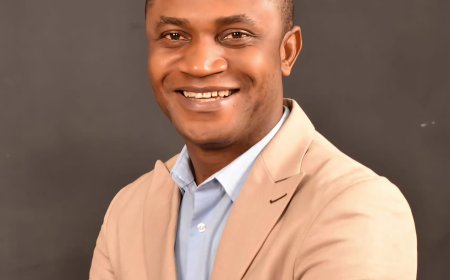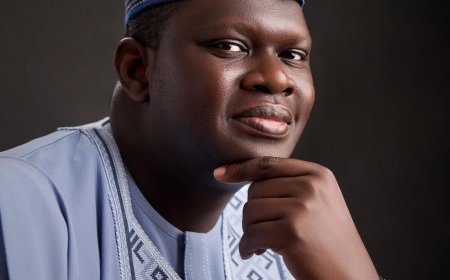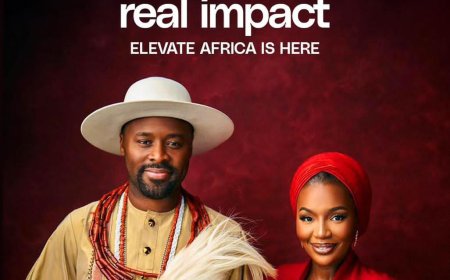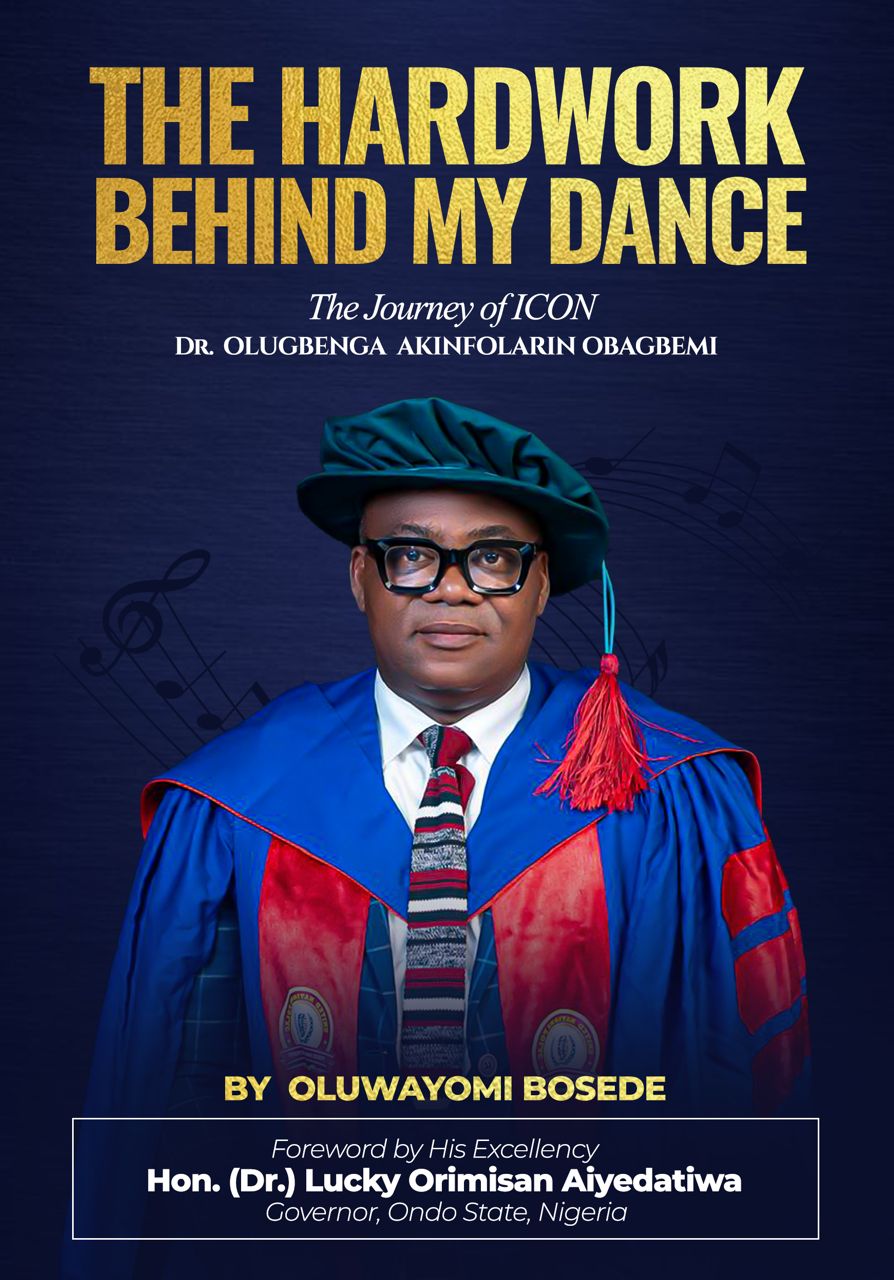From Big Brother to Nation Building: How Anto Lecky Turned Visibility into Vision
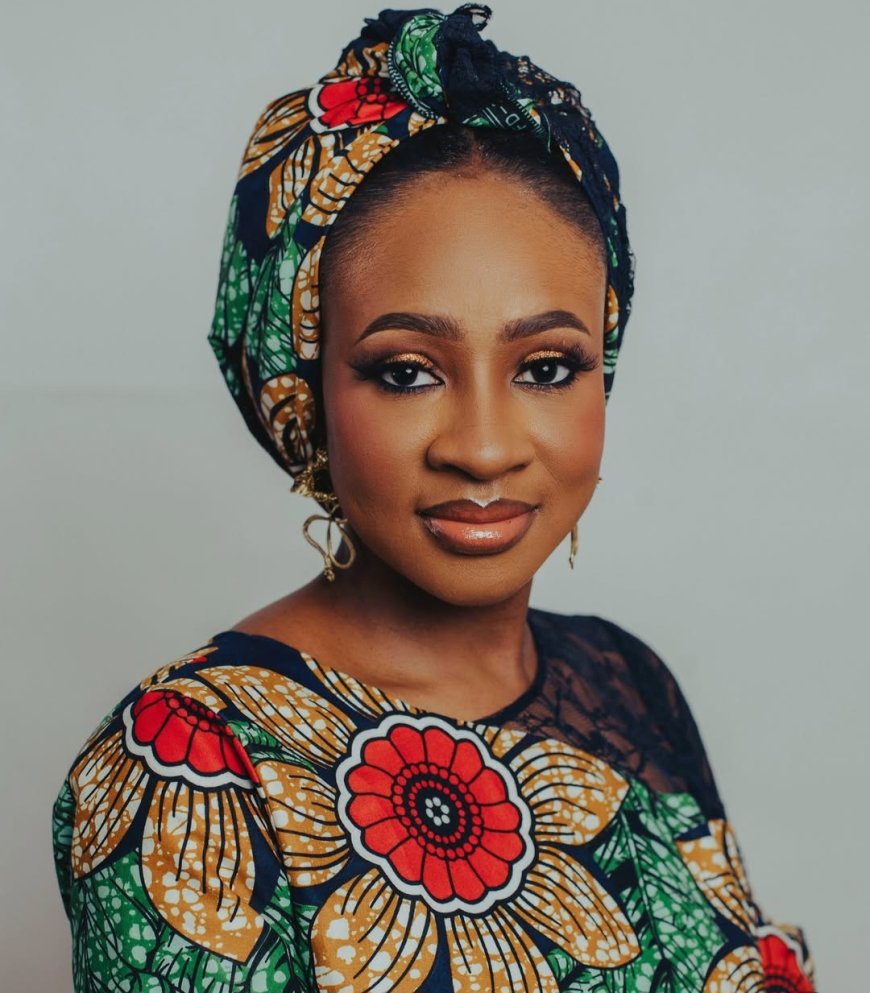
Anto Lecky shares how she transformed fame from Big Brother Naija into purpose, leadership, and impact across Nigeria’s creative economy.
By Dr Yomi Bosede, African Art Times
Dr Munirat Antoinette Lecky, widely known as Anto Lecky, is proof that fame can be a foundation rather than a finish line. The Nigerian-American entrepreneur, educationist and media personality has carved an uncommon path from the lights of Big Brother Naija to the offices of government and the heart of grassroots advocacy.
In this conversation with African Art Times, she reflects on her journey, her purpose, and what it truly means to show up for Africa.
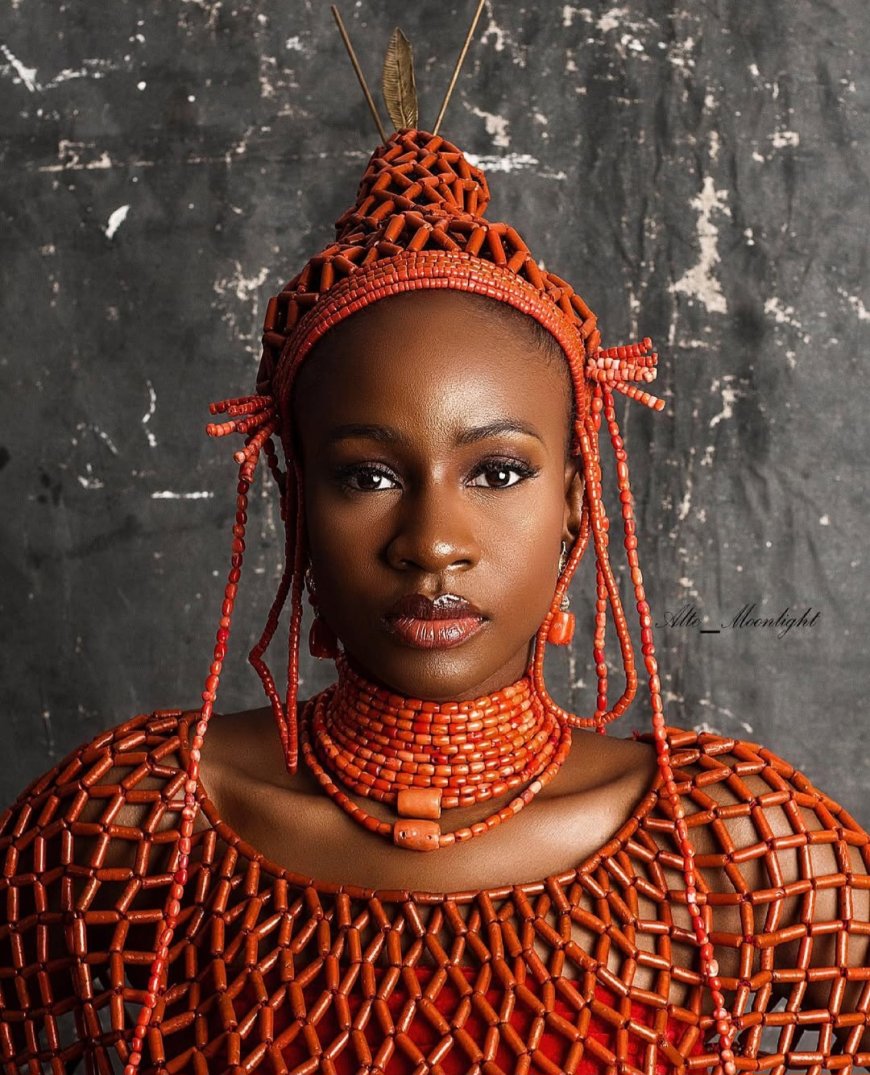
‘Even though I grew up in the United States, I never felt far from home.’
You were born and raised in Newark, New Jersey, but your family roots are in Edo State. What do you remember most about your childhood, and how did growing up between two cultures shape the person you are today?
"Even though I grew up in the United States, my parents did everything possible to raise us as Nigerian children. I remember spending weekends with my fellow Etsako people. My parents were part of Etsako USA, an organisation that kept our culture alive through monthly gatherings and events, so I never felt like I was missing out on the Nigerian experience.
Growing up between two worlds has given me a broader view of life. I understand how things work elsewhere, but I also understand why they are the way they are at home. That’s why I’m determined to serve Nigeria and make it the best it can be."
Confidence Built Early
You’ve spoken about your early schooling in gifted and magnet programmes. How did those environments influence your sense of self and your drive for excellence?
"At the time, I didn’t realise how much those programmes were shaping me. Looking back now, I see how they built my confidence. I genuinely think I’m amazing , not just academically, but as a person. Those years exposed me to people from different cultures, religions and backgrounds, and that helped me learn how to relate to anyone.
Professionally, they taught me to aim for excellence and never stop learning. I always believe I can get better, no matter how good I already am."
From Athlete to Administrator
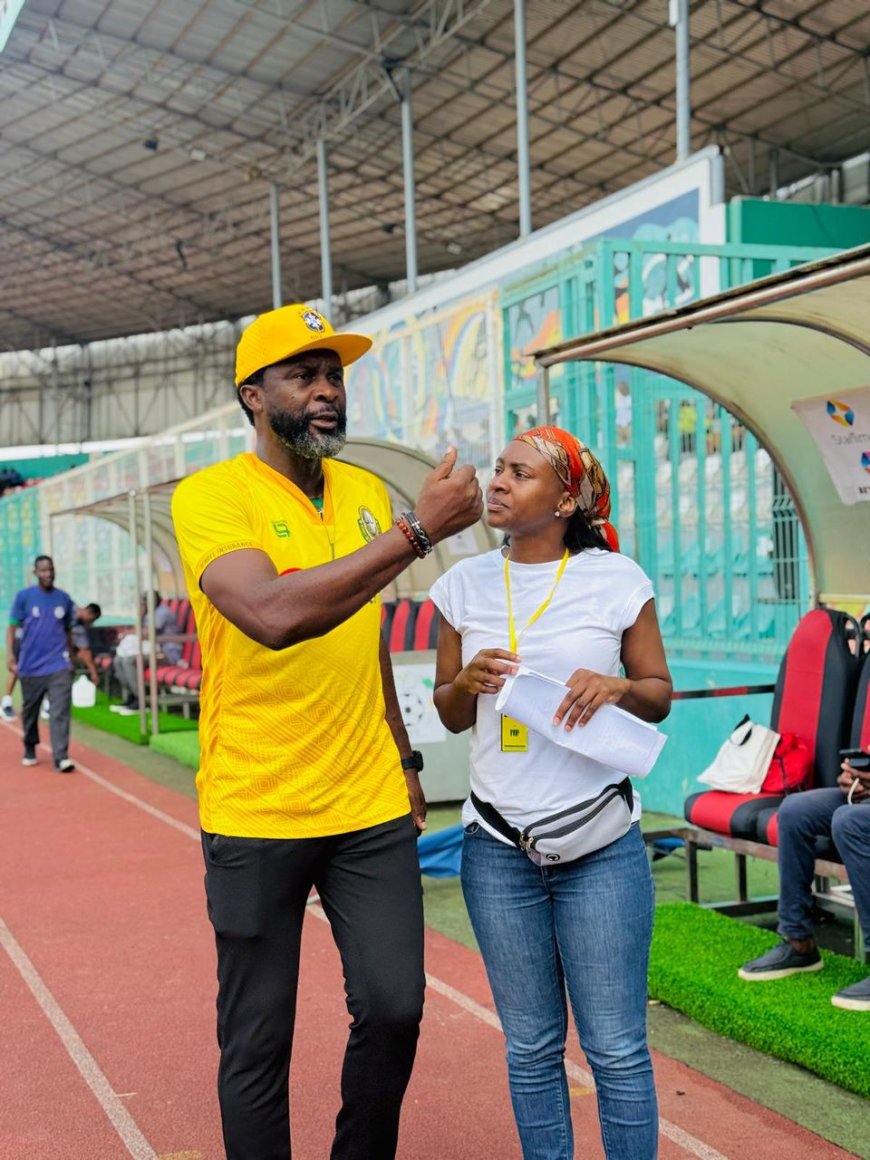
When you moved to North Carolina for university, you chose to study Exercise and Sport Science. What drew you to that field, and how did it lead to a career in sports management?
"I was a long-distance runner in high school, but I soon became more interested in how sporting events were organised. I worked closely with our athletic director and later managed both the women’s and men’s basketball teams. That’s when I knew I wanted to build a career in sports administration.
I initially thought I’d become a surgeon, but once I began studying, I realised my real interest was in the business of sport. Switching to Exercise and Sport Science with a focus on sports administration turned out to be one of the best decisions I ever made."
Lessons from DeVos
The DeVos Sports Business Management Program is known for its emphasis on ethics and leadership. What lessons from that experience have stayed with you?
"The DeVos programme taught me that anyone can be a leader, but great leadership requires intention. Dr Richard Lapchick, the founder of the programme, is one of the most selfless people I’ve ever met. His example reminds me that work should never be just about salary or praise; it should be about real impact and improving lives."
Running Africa’s First Private Basketball League
Before you became a familiar face on television, you led operations for the Continental Basketball League. What was that like?
"Managing the CBL was no small task. It was my first serious job after NYSC. From negotiating with franchise owners to preparing venues, handling marketing and working with vendors, it was intense. But it prepared me for everything I do today. I was the next person in line after the COO, and I worked with a brilliant team. It was demanding, but deeply rewarding."
Life after Big Brother Naija
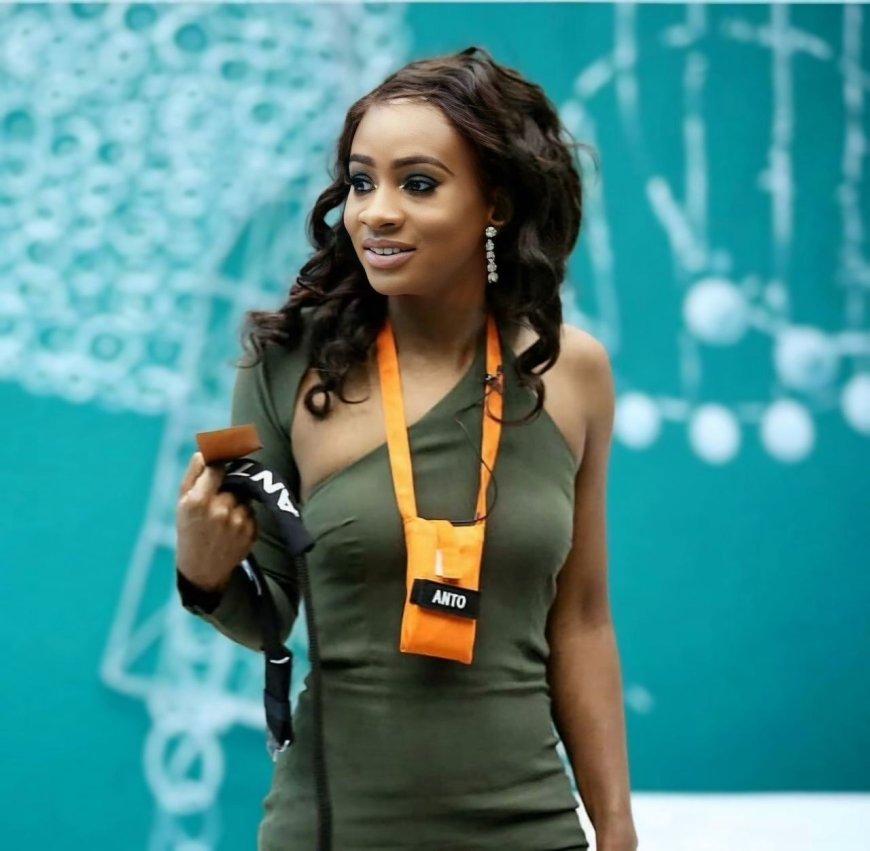
Then came Big Brother Naija Season 3. How did that experience change your life, and what did it teach you about visibility and influence?
"Big Brother Naija came at a point when I was deciding what to do next. I wanted a platform that would keep me rooted in Nigeria, and the show gave me that. Everything I hoped to achieve from it, I did, except, of course, winning the prize.
The experience showed me how powerful visibility can be. People will always want to be in your business, but you still control your narrative. You can choose how much of yourself to share and what kind of influence you want to have."
Turning Fame into Purpose
Many people struggle to turn fame into something lasting, yet you’ve built a career that spans acting, hosting, strategy, education and advocacy. How did you manage that?
"I went into the Big Brother house with a clear purpose. I wanted to build a name that stood for service, advocacy and leadership. My business background, with an MBA and a Master’s in Sports Business Management, helped me treat myself like a brand and a company. That structure has kept my work consistent and focused."
Between Film and Politics
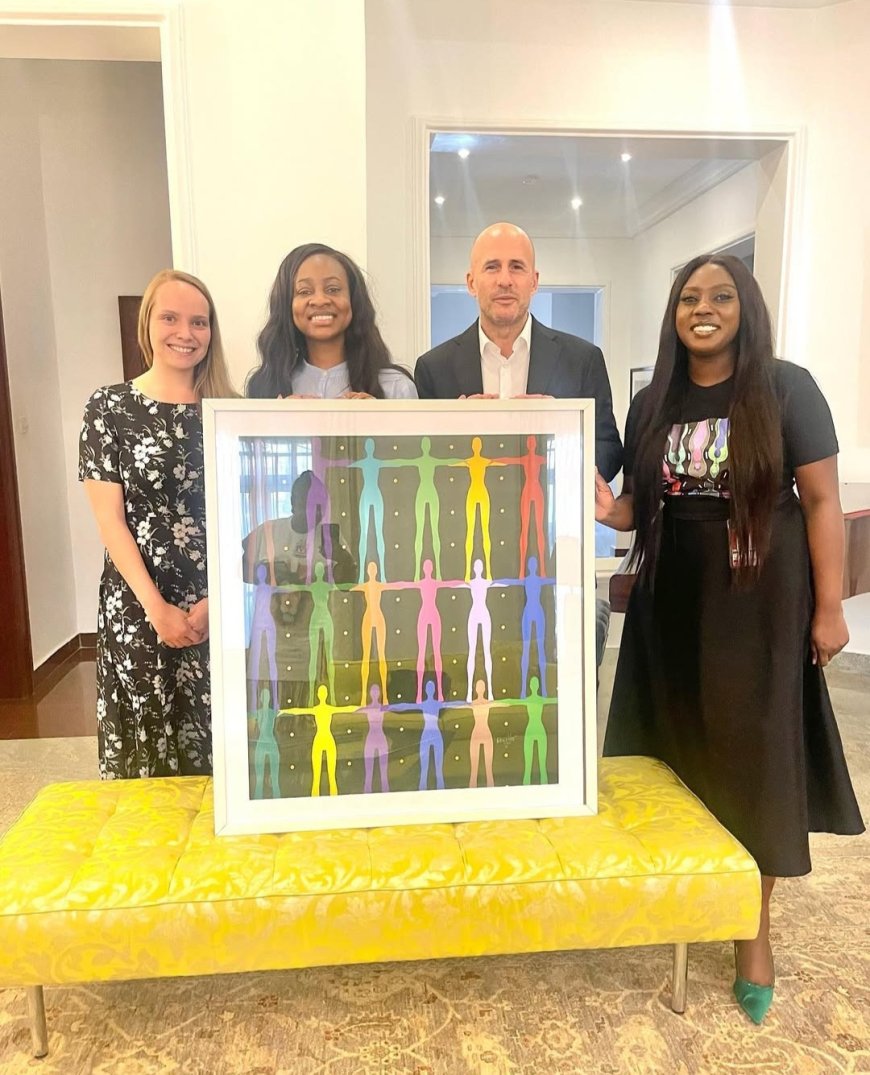
You’ve worked both in the creative industry and in social impact, from Kunle Afolayan Productions to ElectHER. What did you learn from those two spaces?
"Those roles taught me how to work within a vision and play my part in a larger story. At KAP, we trained students in filmmaking; at ElectHER, we educated the public on empowering women in politics. Both required teamwork, creativity and quick learning. Most importantly, they showed me that in any role, you can be a role model."
Building Brands with Purpose
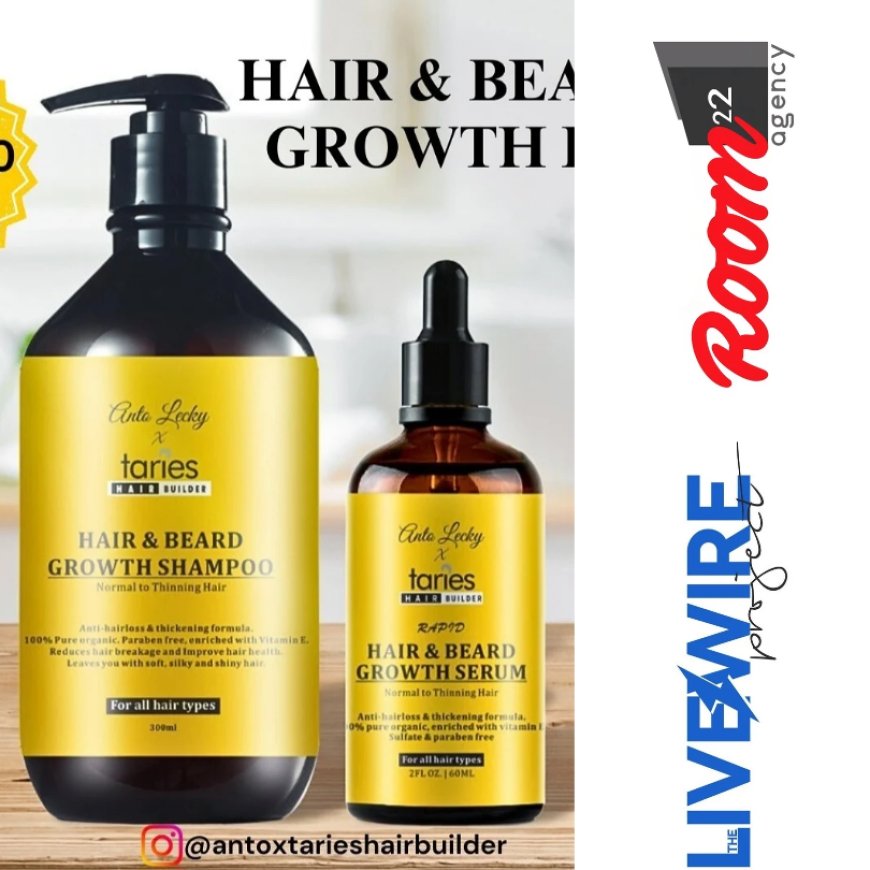
You now run several ventures such as; Room 22 Agency, Mango PR, O’ Compatriots Lifestyle and a luxury haircare line. Which feels closest to your heart?
"That would be my haircare line, Anto x Taries Hair Builder. I dreamt of launching it while still in the Big Brother house. It was my first company and probably my biggest investment. I started it because I wanted to challenge the idea that African women need to conform to Eurocentric beauty standards. My brand promotes self-love and confidence in our natural beauty."
Educating a Creative Generation
As Creative Director at Weldios University in Benin Republic, you’re shaping young minds. What kind of culture do you hope to build?
"Education is the foundation of life. At Weldios, I focus on the importance of developing entrepreneurial and creative skills. There aren’t enough office jobs for everyone, so young people must be able to create their own opportunities. Many of the most successful businesses today come from the creative sector, from fashion to design to hospitality. I want to see more young Africans empowered to earn through their creativity."
The Live Wire Project
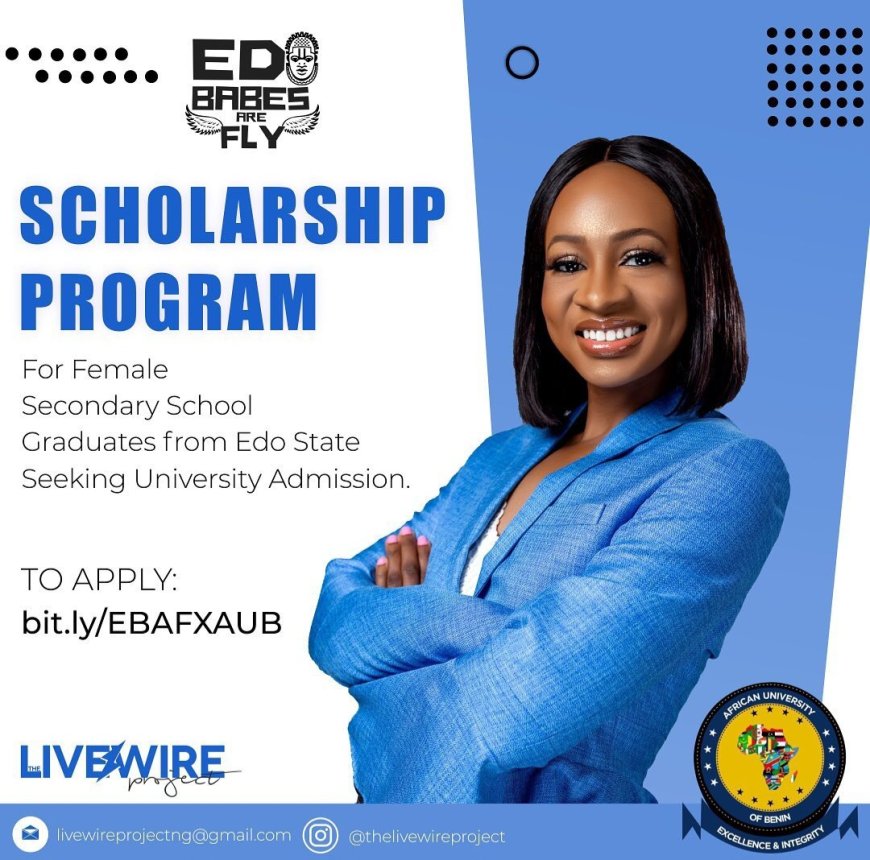
The Live Wire Project has become a major part of your work. What inspired it, and what difference have your campaigns made so far?
"The name comes from my university sorority, Zeta Phi Beta, where my line name was Live Wire because I bring energy and focus to everything I do. The sorority’s pillars are Scholarship, Service, Sisterhood and Finer Womanhood, and I wanted to keep living those values beyond university.
With The Live Wire Project, we focus on education, philanthropy and gender rights. Our Arise N Vote campaign registered thousands of Nigerians to vote, while Edo Babes Are Fly has inspired young women in Edo State to prioritise education and career over risky alternatives. By partnering with influencers, we’ve made civic advocacy engaging and accessible."
Balancing Creativity and Governance
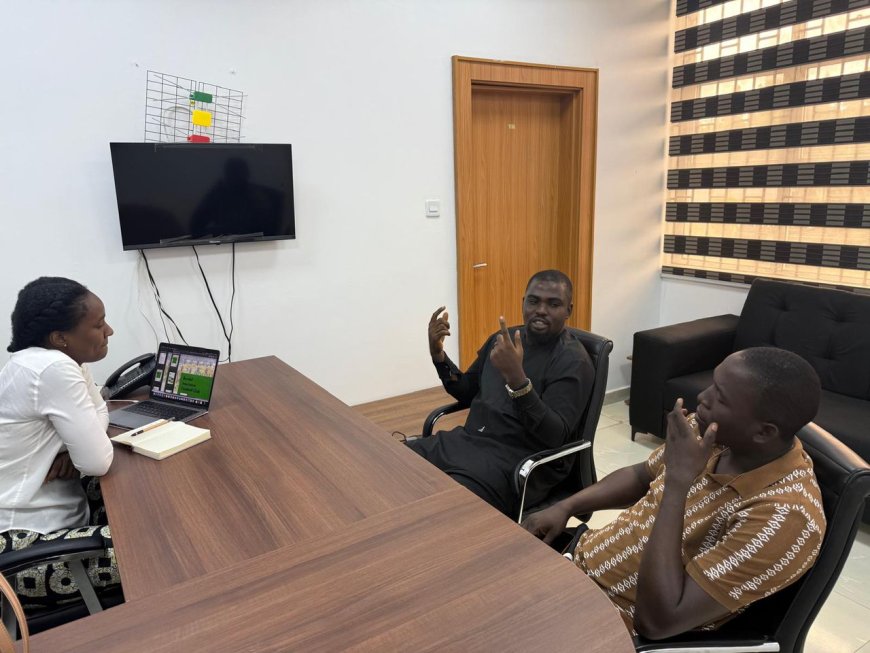
You currently serve in public office at both federal and state levels. How do you balance the creative side of your work with the structure of government?
"That balance is one of the hardest parts of my work. Government has processes and layers, while my creative mind often wants to move faster. Thankfully, I work with amazing leaders who give me room to innovate and make meaningful impact."
Official Appointment and Public Service
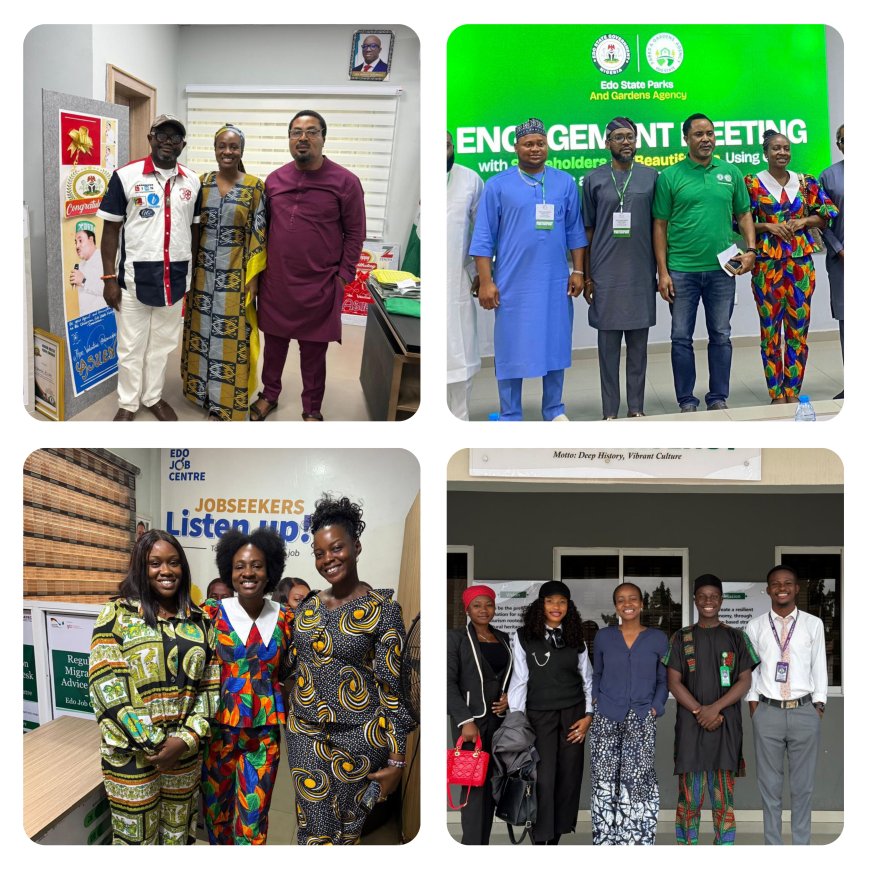
As the current Special Assistant on Digital and New Media to the Honourable Minister of Steel Development, and the Senior Special Assistant to the Edo State Governor on Tourism and Creative Economy, what should Nigerians expect from you in terms of upcoming projects, particularly in tourism and the creative sector?
"Nigerians already know me as an educator, and that’s exactly what they can expect. Since taking on my role as Senior Special Assistant to the Edo State Governor on Tourism and the Creative Economy, I’ve been focused on educating people about our state’s rich tourism sites, culture and heritage.
I’ve done this through interviews, visual storytelling, and stakeholder engagement, while also building partnerships with both local and international organisations to train creatives in skills development — and everyone’s favourite topic, monetisation and funding. My core will always be education. I plan to keep expanding that reach globally, taking Edo State, Nigeria and Africa to the world."
Recognition that Travels Beyond Borders
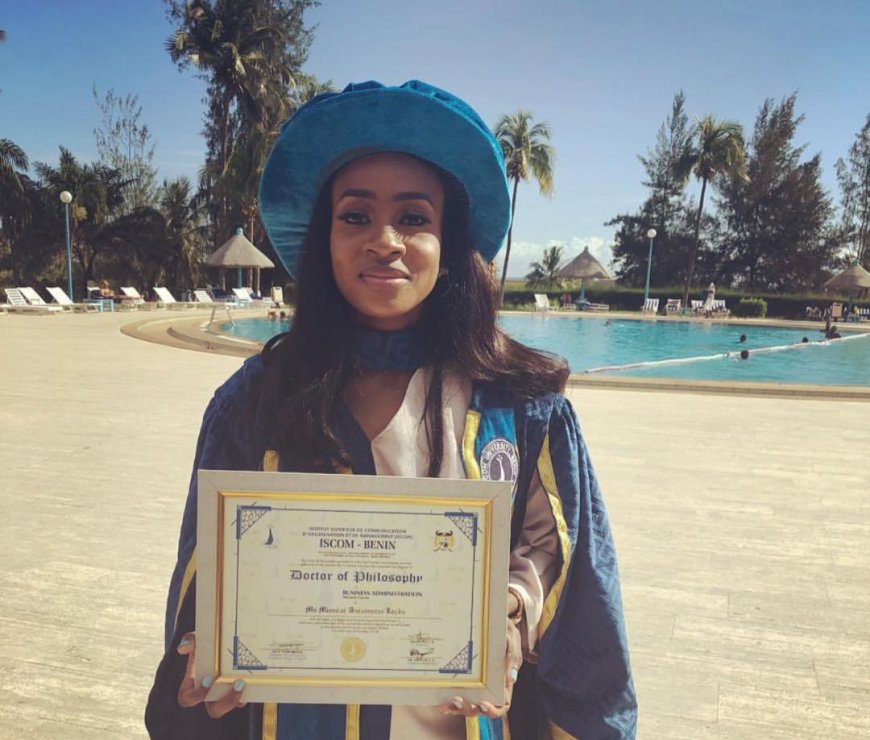
You’ve received awards across sport, gender advocacy and entrepreneurship. Which recognition has meant the most to you?
"A few stand out, especially the times I’ve been honoured by international organisations like Women in Maritime. Those moments mean a lot because they show that my work is reaching places I never imagined. It motivates me to do more and go further."
Re-imagining Beauty and Power
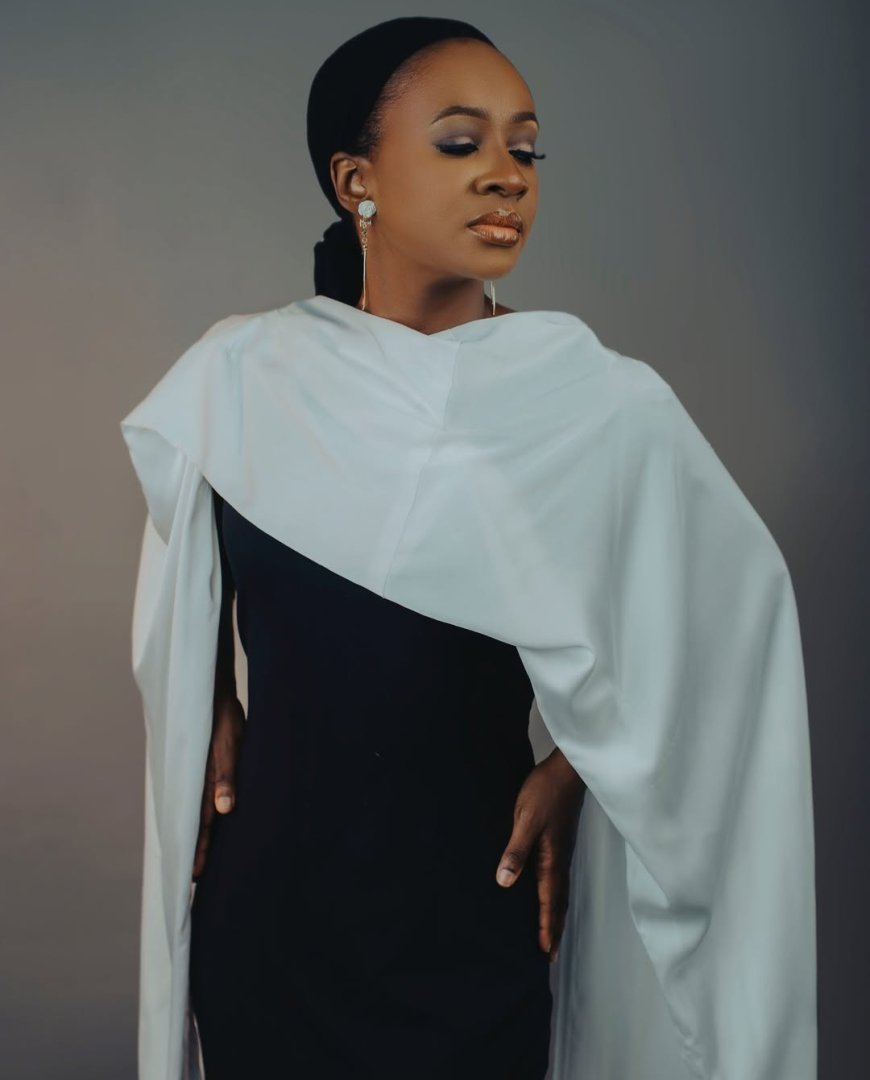
You’ve spent years championing women and girls, especially in Edo State. From your experience, what is the most pressing challenge facing young African women today?
"Eurocentric beauty standards are one of the biggest yet least discussed issues. Too many young African women feel they must look a certain way to be accepted, whether professionally or personally, and that pressure can lead to harmful choices. Beyond that are challenges such as patriarchy and economic hardship. But my message to young women is simple: you are enough. You don’t need to look like anyone else to be beautiful, intelligent or worthy."
Purpose Over Popularity
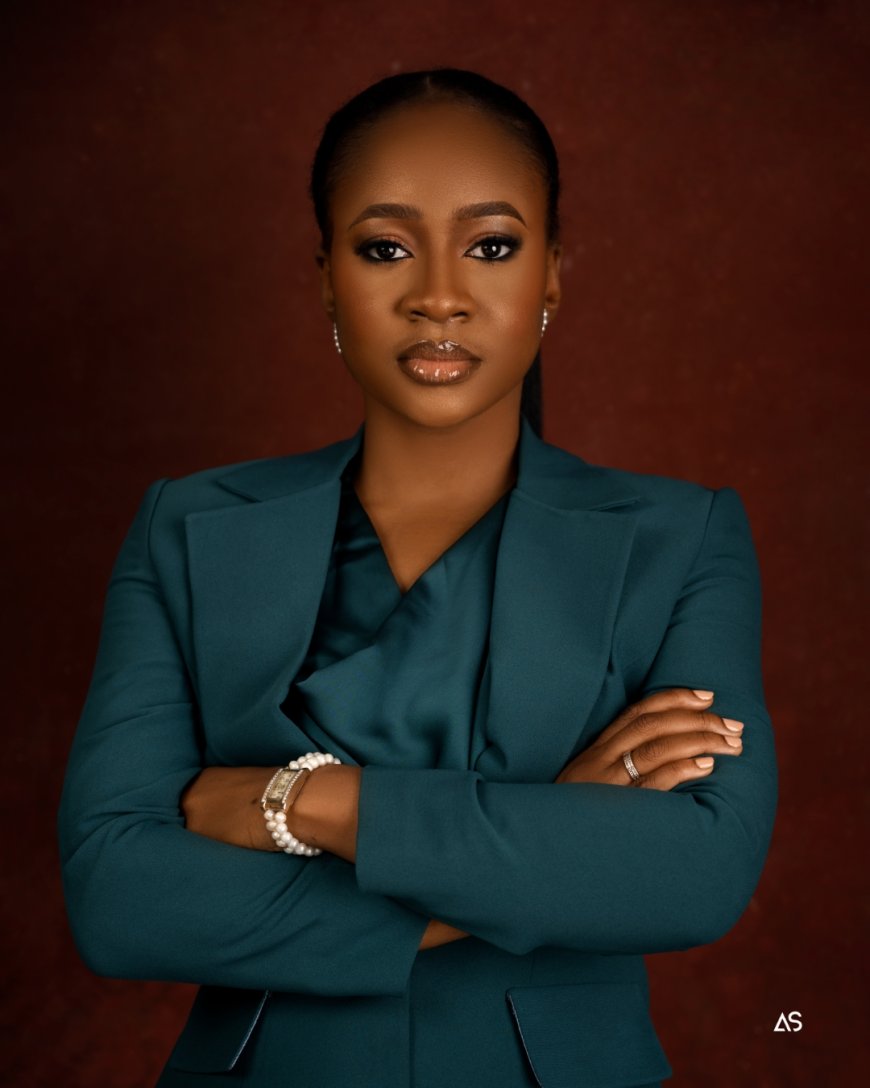
Finally, what would you tell young Africans who want to make an impact in their own way?
"Purpose is greater than popularity. There are many popular people we can’t say have made a positive impact, and there are purposeful people who may never trend but truly change lives. Focus on your name, your integrity and your work; everything else will follow."
Closing Note
From Newark to Lagos, from the Big Brother Naija house to the halls of public service, Dr Anto Lecky has shown that influence isn’t about noise but direction. Her story reminds us that when purpose leads, impact follows.
What's Your Reaction?







